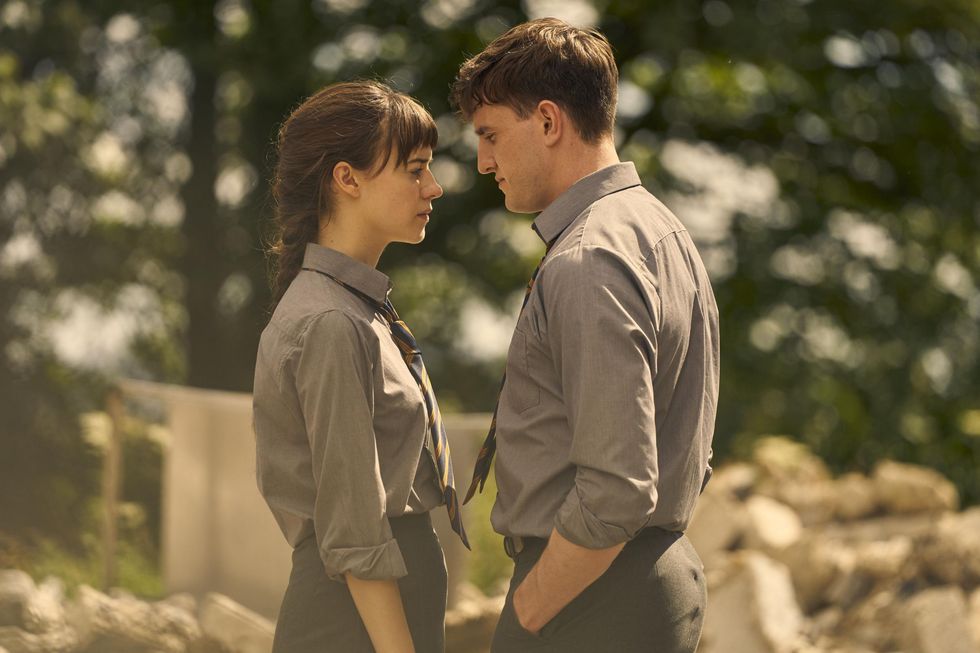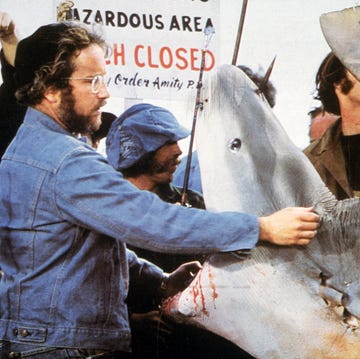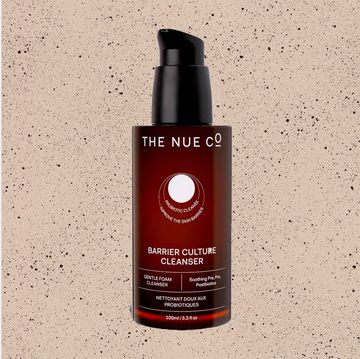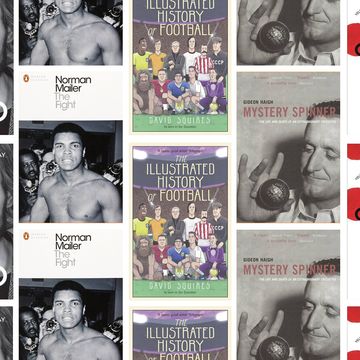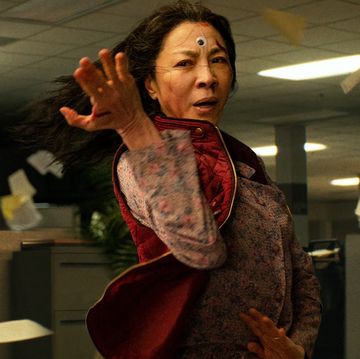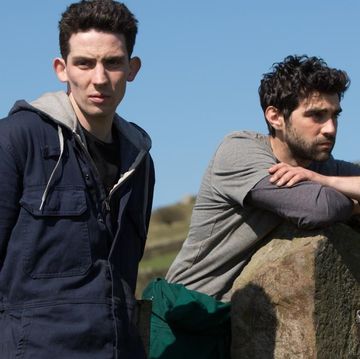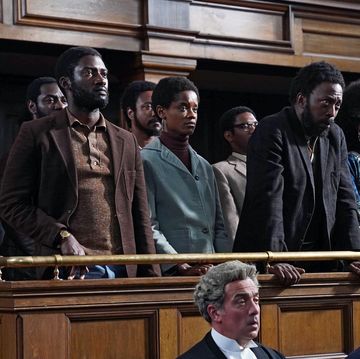On the front cover of Normal People, the Man Booker prize-nominated 2018 novel written by Sally Rooney, the limbs of a couple are intertwined like shoelaces, the pair of them blissfully enveloped while sealed into a tin can.
Reading the book we learn that this pair of kissing sardines are Marianne Sheridan and Connell Waldron, two teenagers living in Sligo, Ireland, whose relationship starts as a secret kept from everyone at school. Years later, Connell doesn't know why he forced Marianne not to tell anyone, but operating in the shadows comes to define how they are with each other forever.
In the BBC Three adaptation of Rooney's book, Marianne (Daisy Edgar-Jones) and Connell (Paul Mescal) seem wide-eyed and flapping when apart, but they warm back to life when they are together again, in the privacy of each other's arms.
The 12-part series was released this Sunday and viewers have been burning through the 30-minute episodes breathlessly, with Twitter aching from its melancholy and deeply horny energy. It makes you want to both take your clothes off and pull a jumper over your head to bury your face.
There are exquisite, knee-shaking sex scenes in Normal People, but the greatest thirst is the longing that two lonely people feel for someone who finally understands them. The thrill of having the other's eyes on them across a nightclub dance-floor, or exchanging a glance from either end of a swimming pool; the kind of stares that suggest you could penetrate someone else's mind by looking at it hard enough.
It is as though they have turned everyone else on mute to perform their careful dance, a routine which Rooney writes is, “like figure-skaters, improvising their discussions so adeptly and in such perfect synchronisation that it surprises them.”
Their sex is hungry, his lips on her stomach like a shark preparing for the perfect bite, and frenzied, too, the act of people worried that if they aren't quick it might get taken away from them. There is a hollowness to the way that Marianne sees herself – in one episode staring at her reflection as though she can't believe she's really there – and her naked body often appears frail and vulnerable rather than pornographic.
The show teases the possibility of their being together, with each episode a vignette of how the power tilts between them. Marianne, friendless at school, becomes popular at university, where Connor feels he is, "walking around trying on 100 different versions of myself." The string between them is a lifeline for when one of them feels out of their depth, but this connection is also a tightrope they could fall off.
There is a directness in the way they talk to each other, and yet it always feels they are at cross purposes. In one scene Marianne drunkenly asks, "do you like her better than me?" as Frank Ocean's 'Nikes' echoes from the floor beneath them at a party, a line so childishly tender that we hope it can remove any doubt of their being together. Of course it does not, and the unbearable dance between them goes on.
It is television which feels perfect for a time when viewers are locked inside and contact is forbidden, each episode so concentrated with unbearable loneliness that watching more than 30 minutes in one go is almost too much. It is a kind of skin hunger that you feel in your bones and that, at a time when hand-holding and kissing at the top of stairs at a party is both delicious and wrong, you want to savour.
Reading Normal People feels like being plunged into someone else's mind and not coming up for air until you've felt the sigh of relief and the sting of rejection so many times that you are exhausted. It is a kind of internal monologue uniquely suited to books for the access they give us to a stranger's mind.
In Normal People the connection between Connell and Marianne is just as compulsive and agonising as Rooney's writing, a voyeurism that lets us inside the minds of two fish out of water who just want to be sealed away from the rest of the world.
Like this article? Sign up to our newsletter to get more delivered straight to your inbox
Need some positivity right now? Subscribe to Esquire now for a hit of style, fitness, culture and advice from the experts


